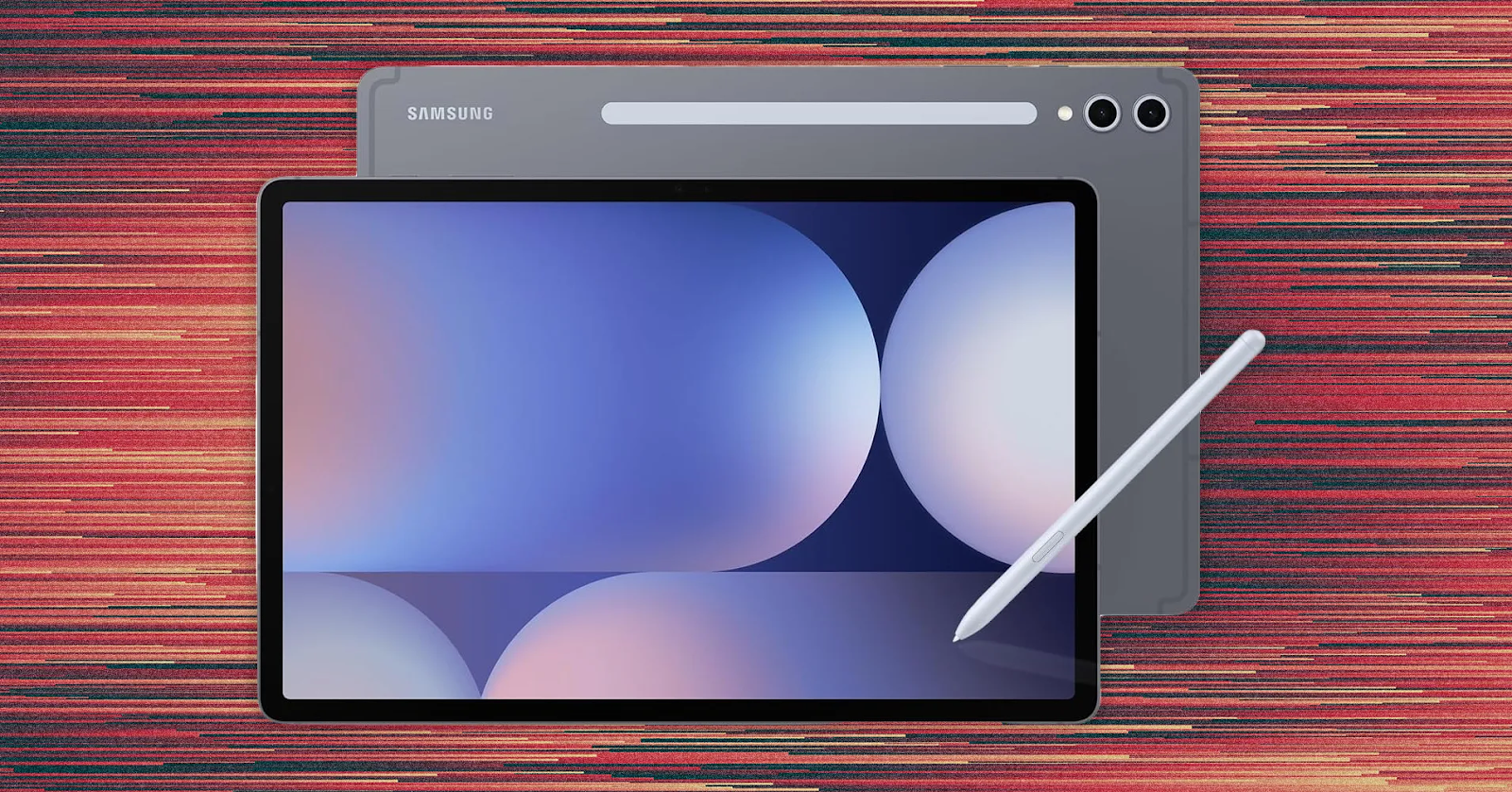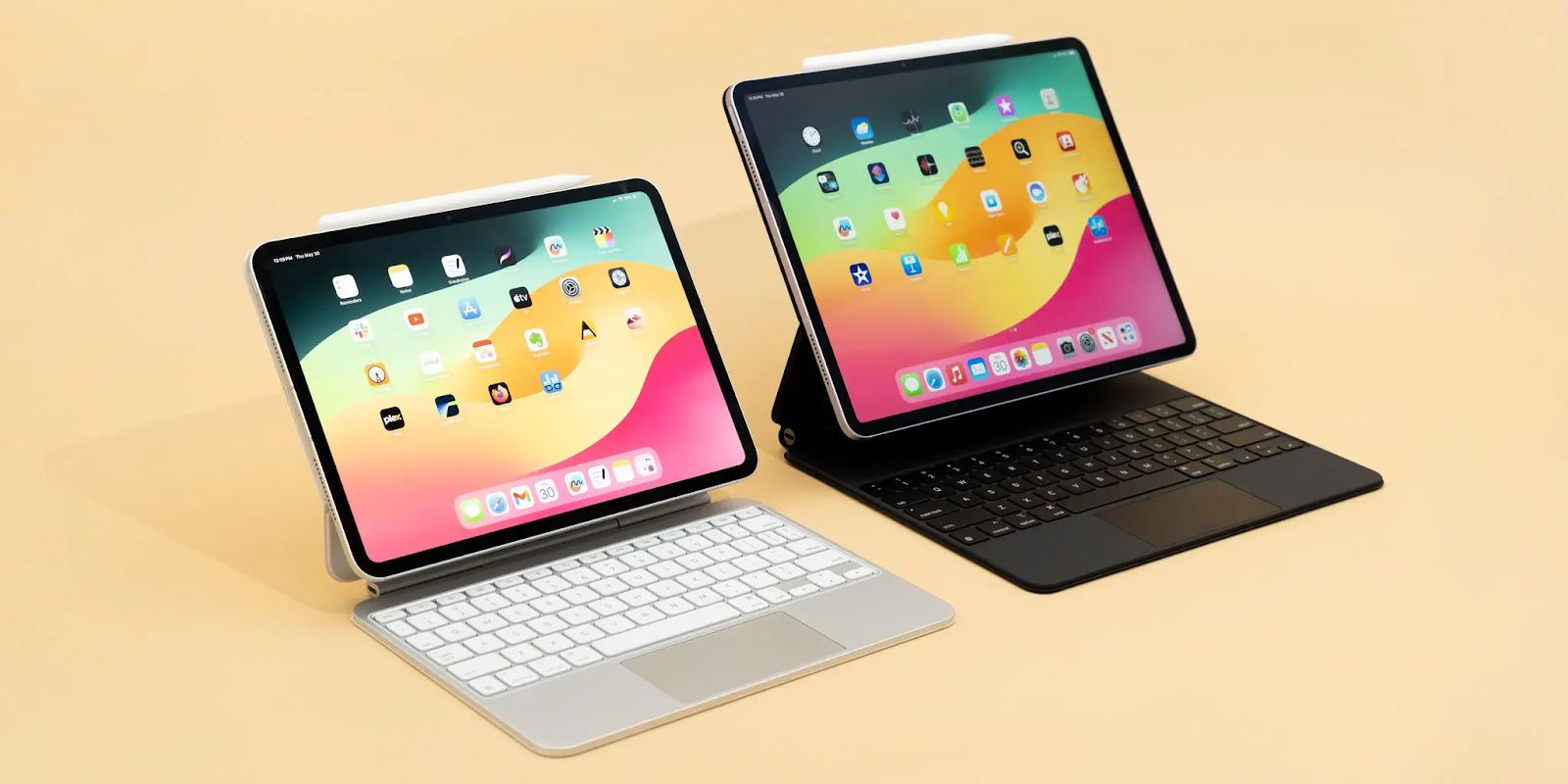Are Tablets the Ultimate Productivity Tool for On-the-Go Professionals
In the modern world, mobility and speed play a significant role, so people have created special technological tools that make it convenient to work or do any other business. Tablets have become an innovative solution that combines smartphones and laptops.
Hardware and software have also improved and many users now use tablets as their primary device. But how effective can these sleek and lightweight devices be as a substitute for a PC?
In this article, we’ll explore the benefits of tablets and whether they can truly be called the best productivity tool for professionals who are constantly on the go.

Mobility Meets Functionality: The Appeal of Tablets
One of the main reasons tablets have found a foothold in the professional world is their unmatched portability. Unlike laptops, which are bulkier and often slower to set up in transient environments, tablets are lightweight, boot instantly, and can be used in virtually any setting — whether on a train, in a café, or between meetings.
Modern tablets such as the iPad Pro or Samsung Galaxy Tab S9 have good power, which is as good as some of the leading laptops. The advantage is that they support multitasking and have high-resolution displays for convenience.
Users can comfortably work or view lol live stats, and all this is backed up by high-quality pictures and startup speed. In addition, upgraded versions often come with accessories, including detachable keyboards and styluses, making them ideal for professionals in fields such as design, writing, finance, and even gaming analytics.
The adaptability of tablets has expanded their usefulness and transformed them from a simple gadget into a modern and powerful tool. In industries such as analytics, esports, and similar, professionals need to have access to up-to-date data even when travelling.
It is much more convenient to work from a tablet than to carry a PC or laptop everywhere. Convenient access to all the necessary platforms on tablets ensures that analysts stay informed and can work comfortably, provided there is internet.
Can Tablets Replace Laptops for Professional Workflows?
While tablets have come a long way, the question remains whether they can fully replace laptops for serious work. The answer largely depends on the type of work a professional does.
For writers, marketers, or consultants whose daily tools revolve around emails, spreadsheets, content creation, and cloud-based apps, tablets can be more than sufficient. Apps like Microsoft 365, Google Workspace, Notion, and Trello are now fully optimized for tablets and provide seamless cross-device syncing.
As for designers and digital artists, they benefit from tablets because of their ease of use, toolkit and responsive displays. Programmes such as Adobe’s Photoshop and Illustrator are fully functional on tablets, especially when combined with the Apple Pencil or S Pen.
However, not all professionals will find tablets convenient. Those working in video editing or software development may face computing power limitations, which is very important in technical industries.
In addition, there is room for improvement in file management. While tablets have basic applications and file managers, they are still not as user-friendly as traditional desktop environments. Support for external drives, drag-and-drop file operations, and complex folder hierarchies run smoother on laptops and desktops.

Battery Life, Security, and Connectivity: Hidden Advantages of Tablets
Let’s continue with another area where tablets are better than laptops: battery life. Many modern, high-quality tablets can last 10-14 hours on a single charge, which is longer than most ultrabooks. This is definitely a plus for users who spend a lot of time with the device, as they can be less distracted by recharging.
Security is another factor that makes tablets a good choice. For example, iPads and similar tablets have advanced biometric authentication, encrypted data storage, and a host of other features that protect against most forms of malware.
Another advantage is that they receive updates quite frequently, which puts them ahead of laptops and PCs in this regard.
Internet connectivity continues the list of advantages. Most tablets offer LTE or 5G versions, which allows users to work or enjoy leisure activities even without a constant Wi-Fi connection. This constant access to cloud services, project dashboards, and collaboration tools like Slack or Zoom boosts the productivity of remote teams and digital nomads.
Despite all the advantages, certain limitations remain. Many work environments are still not designed for touchscreens.
When it comes to long text entry or the need to quickly switch between multiple windows, the lack of a full keyboard or familiar window management system can be a hindrance to effective work. This is especially true in industries where speed and multitasking are critical, such as the financial sector or media content creation.
The Ecosystem Effect: Tablets in a Professional Tech Stack
Tablets often shine brightest when they are not seen as replacements but as complements to other devices. In a professional tech ecosystem, a tablet can serve as a second screen, a mobile control panel, or a digital notebook.
For example, during virtual meetings or while traveling for events, a tablet can host a video call while your main device handles note-taking or data entry. Creative professionals may use tablets for sketching concepts that are later refined on a desktop workstation.
Speaking of gaming and esports, these sectors are also benefiting from tablets. Whether it’s using analytics tools, watching replays of matches, or evaluating performance metrics, the device offers a combination of convenience and functionality that optimises workflows.
Professionals working with large amounts of data often use several tablets, each for separate functions, which helps them to work efficiently.
Integration with cloud storage is a fairly new feature, but it is already supported in a number of tablets. You can pick up right where your laptop or phone left off, minimising downtime and getting right back to work.
The rise in popularity of remote and hybrid working models has only underscored the importance and convenience of tablets and their technological features.
Conclusion
Putting all the facts together, we can say that tablets are very good productivity tools for professionals who are constantly working on the go.
Yes, these devices can’t completely replace laptops and PCs, as they don’t have the same power and a large set of tools, but they definitely offer a new level of mobility, functionality and convenience.
For a modern person whose work is focused on cloud tools, design, light to moderate computing tasks, tablets are more than enough. They empower today’s professions, helping professionals become professionals in their fields. What gadgets do you prefer?

Jim’s passion for Apple products ignited in 2007 when Steve Jobs introduced the first iPhone. This was a canon event in his life. Noticing a lack of iPad-focused content that is easy to understand even for “tech-noob”, he decided to create Tabletmonkeys in 2011.
Jim continues to share his expertise and passion for tablets, helping his audience as much as he can with his motto “One Swipe at a Time!”
